Introduction
The betrayal and arrest of Jesus, events recounted in the Gospels, mark a pivotal moment in Christian theology. These events, filled with drama and spiritual significance, reveal the depth of human fallibility and the unwavering commitment of Jesus to his mission. This exploration delves into the details surrounding this critical period, examining the motivations of the key players and the theological implications of what transpired.
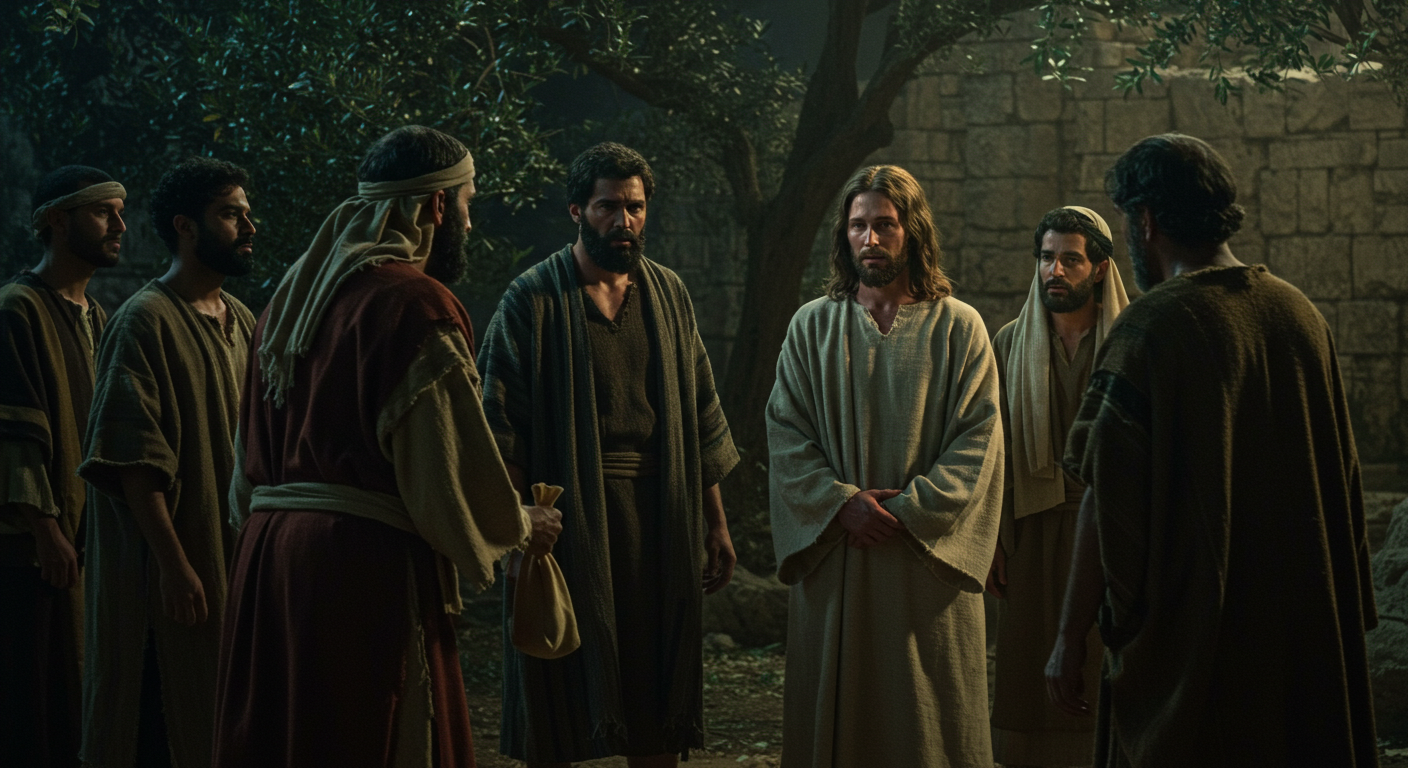
The Last Supper
The Last Supper, a Passover meal shared by Jesus and his disciples, set the stage for the events to come. It was during this meal that Jesus instituted the Eucharist, a sacrament central to Christian worship. The atmosphere was likely one of both celebration and foreboding, foreshadowing the betrayal that was to follow. This meal is significant because it represents the final moments of fellowship before Jesus’ suffering.
The Prophecy of Betrayal
Jesus’ prophecy of his betrayal by one of his disciples created an atmosphere of tension and uncertainty among his followers. The revelation that one of their own would betray him to his enemies was deeply unsettling. The disciples were left grappling with the question of who amongst them would commit such an act. Learn more about Judas Iscariot.
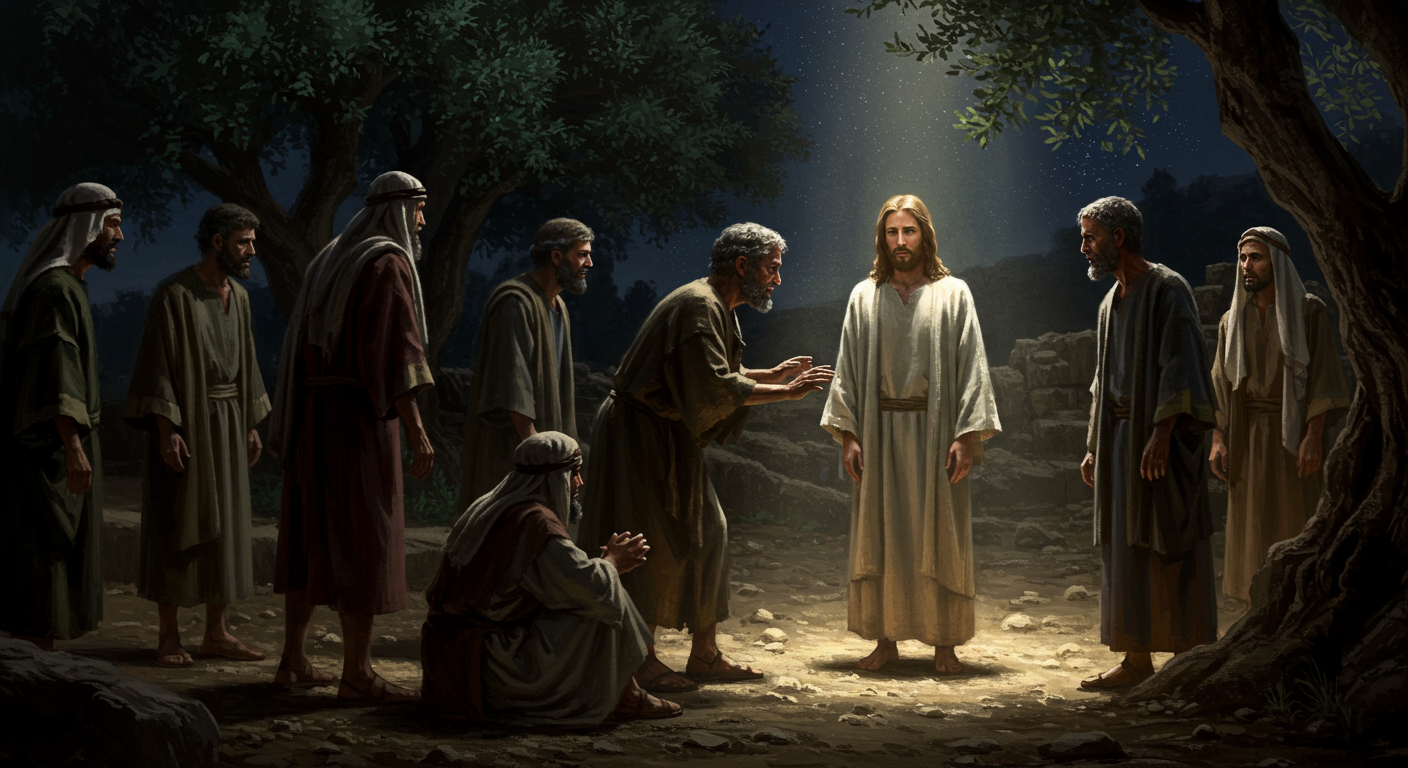
Judas Iscariot’s Decision
The motives behind Judas Iscariot’s betrayal remain a subject of much debate and interpretation. Was it driven by greed, ambition, or a misguided belief that he was acting in Jesus’ best interests? Understanding Judas’s motivations requires careful consideration of the historical context and various theological perspectives. Read more about the different interpretations of Judas’ actions.
The Kiss of Betrayal
The infamous ‘kiss of betrayal’ serves as a potent symbol of treachery and deceit. This seemingly simple act, identified by Matthew, Mark, Luke, and John, carries immense symbolic weight, highlighting the profound breach of trust between Jesus and Judas. It marks the transition from a moment of apparent peace to one of violent confrontation.
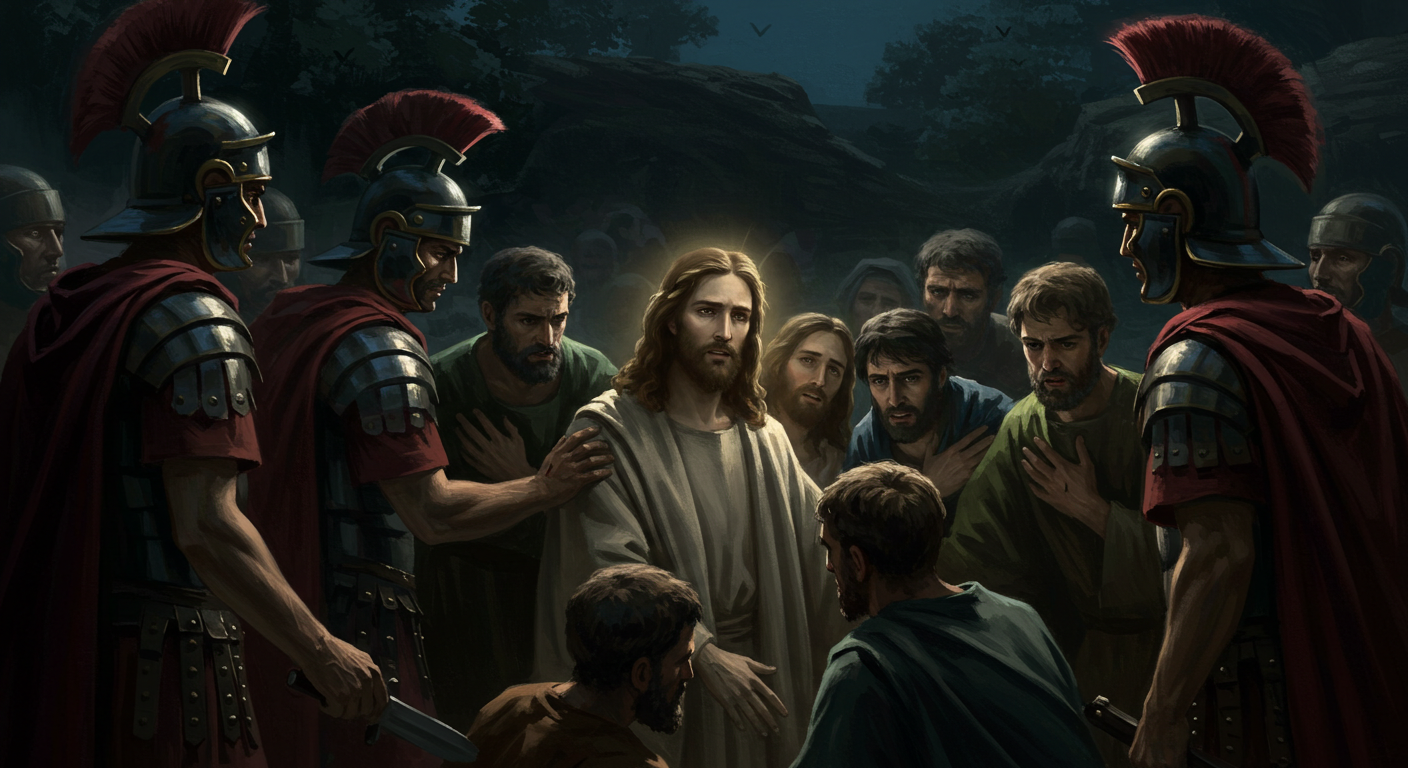
The Arrest in Gethsemane
The Garden of Gethsemane, a place of prayer and solitude, became the scene of Jesus’ arrest. Overwhelmed by the weight of his impending suffering, Jesus prayed intensely before being apprehended by a Roman cohort led by Judas.
The Roman Cohort
The involvement of the Roman cohort in Jesus’ arrest underscores the political realities of the time. The Roman authorities were sensitive to any potential threats to their control, and Jesus’ growing popularity and perceived threat to the established order made him a target.
Peter’s Denial
Peter, one of Jesus’ closest disciples, denied knowing Jesus three times in the moments following his arrest. This denial illustrates the human tendency towards fear and self-preservation in the face of adversity. Read more on the significance of Peter’s denial.
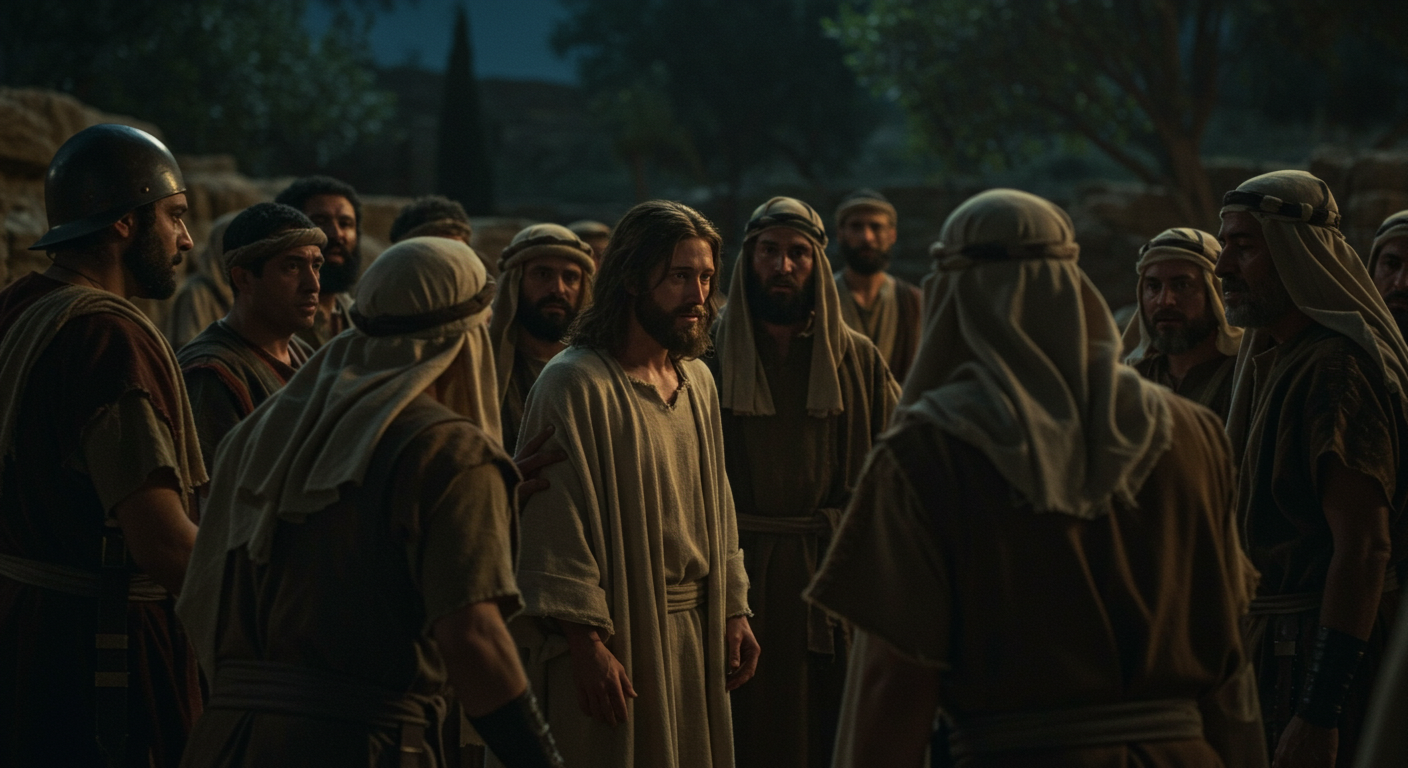
Jesus Before the Sanhedrin
Jesus was brought before the Sanhedrin, the Jewish high court, where he faced accusations of blasphemy and sedition. The proceedings were likely characterized by injustice and a predetermined outcome, highlighting the political and religious tensions of the time.
Pilate’s Questioning
Pontius Pilate, the Roman governor, questioned Jesus, but ultimately found no grounds to condemn him. However, pressure from the Jewish leaders and the Roman authorities led Pilate to succumb to political expediency. Learn more about Pilate’s role.
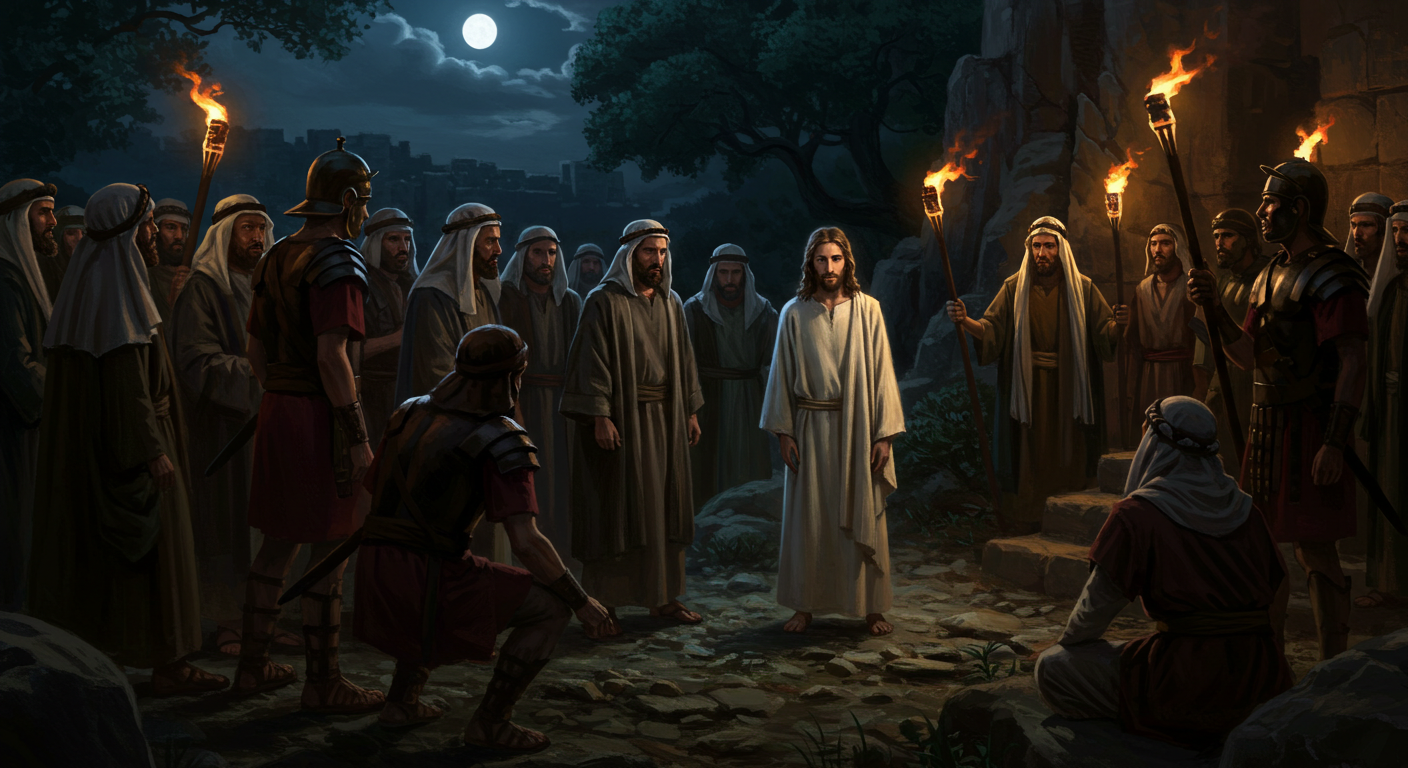
The Crowd’s Influence
The crowd played a significant role in shaping the events surrounding Jesus’ arrest and trial. Their emotions, influenced by the Jewish leaders, fueled the calls for Jesus’ crucifixion. This highlights the power of mob mentality and the danger of unchecked groupthink.
The Charge of Blasphemy
The charge of blasphemy against Jesus stemmed from his claims to be the Son of God and the Messiah. Such claims were considered a direct challenge to the established religious and political order. This accusation carried significant weight in that society and led to his condemnation.
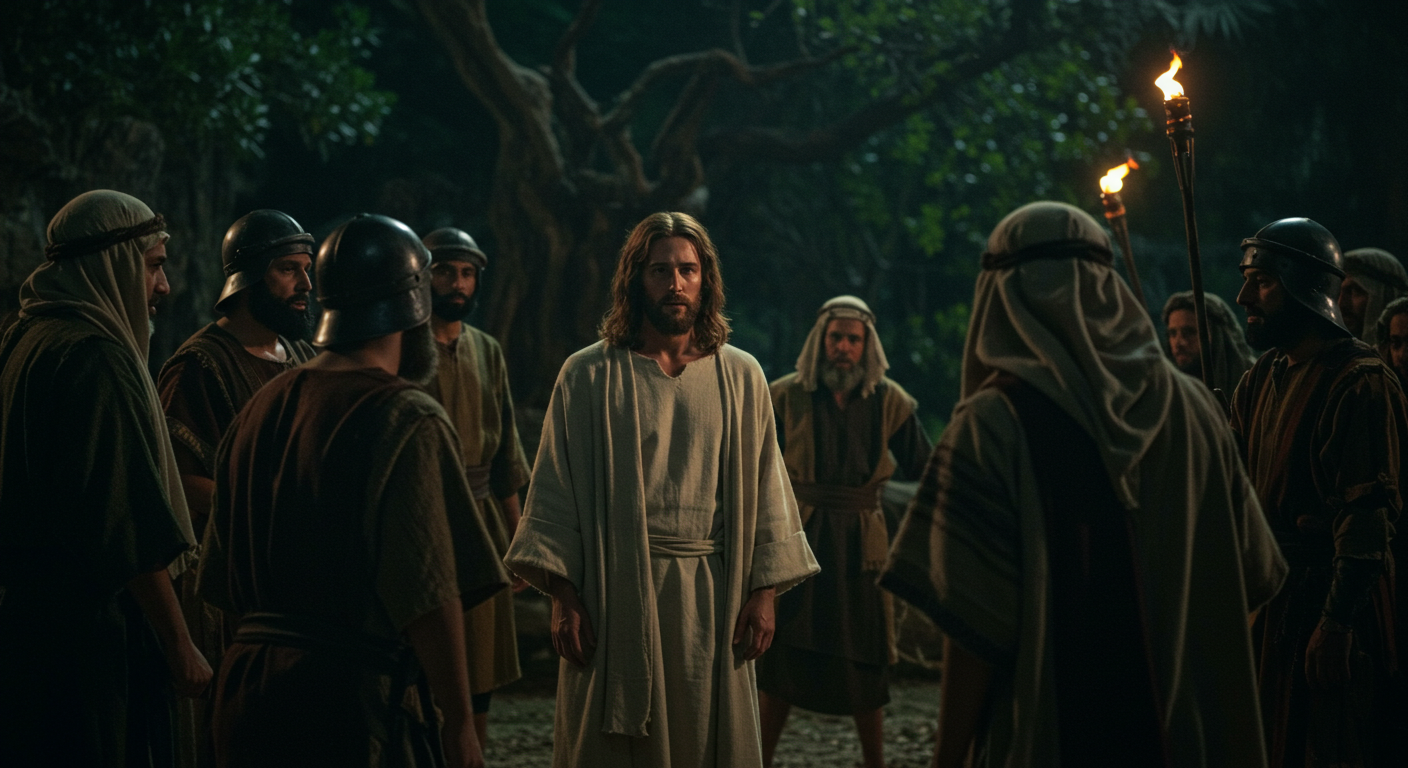
The Weight of the Law
The legal proceedings against Jesus demonstrate the complexities and contradictions of the legal systems of that era. The clash between Roman law and Jewish law created a framework within which Jesus’ fate was ultimately decided.
The Implications of Betrayal
The betrayal of Jesus by Judas and the denial of Jesus by Peter highlight the complexities of human nature and the potential for even the closest followers to succumb to weakness. These events remain a source of reflection for Christians.
The Significance of Arrest
The arrest of Jesus is not just a historical event but a pivotal moment in Christian theology, marking the beginning of Jesus’ journey to the cross. It demonstrates the ultimate sacrifice that Jesus was willing to make for humanity. Explore the theological significance of this event.
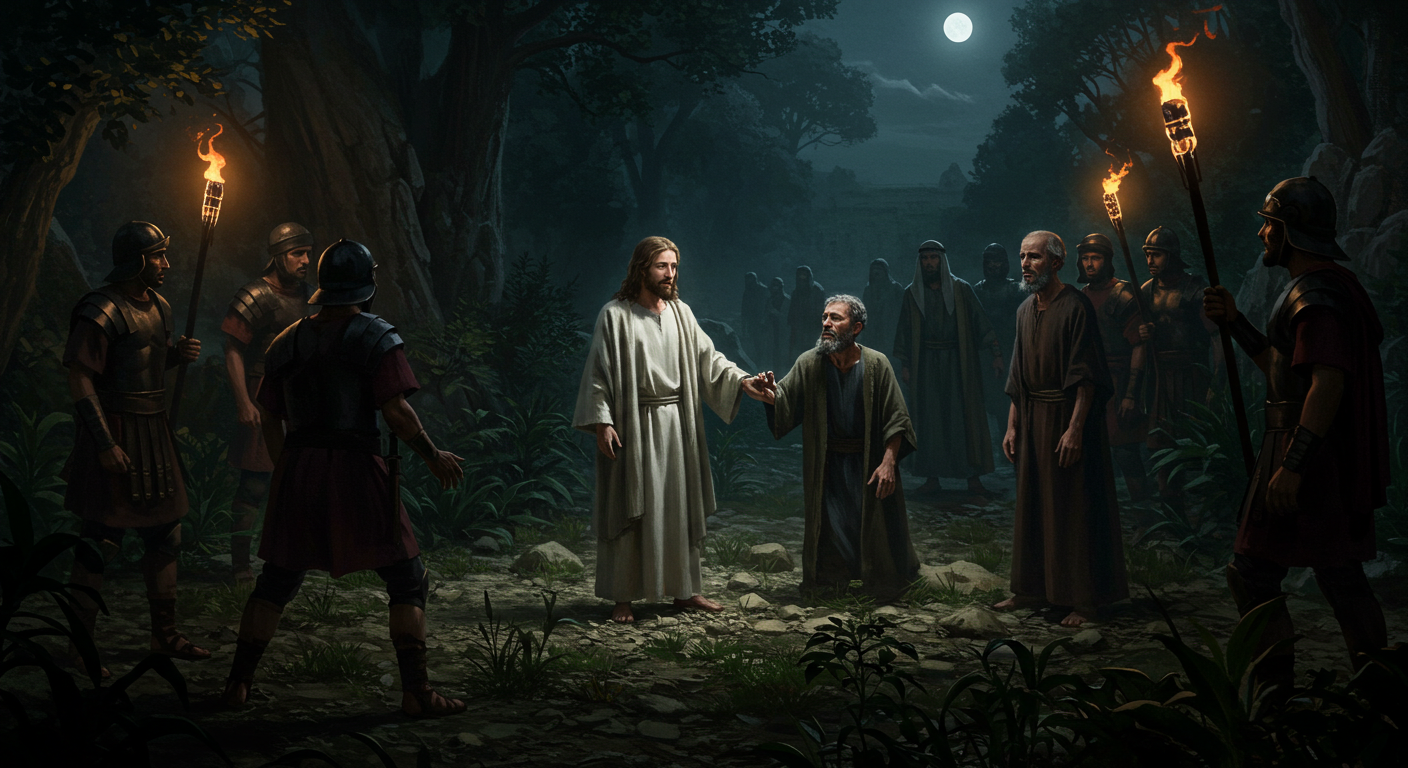
Theological Interpretations
The events surrounding Jesus’ betrayal and arrest have been interpreted differently across various Christian denominations and theological perspectives. These interpretations highlight the richness and diversity of theological thought and the ongoing conversation around these events.
Conclusion
The betrayal and arrest of Jesus are events of profound spiritual and historical significance. They highlight the human drama involved in the events that shaped Christianity and the unwavering commitment of Jesus to his mission. His arrest, the culmination of a conspiracy, marked the beginning of the Passion narrative, leading to the crucifixion and resurrection, core tenets of the Christian faith.
Frequently Asked Questions
What was Judas’s motivation for betraying Jesus? The Gospels offer varying perspectives. Some suggest greed, others a misguided attempt to force Jesus into action. Ultimately, his motivations remain a topic of theological debate.
Why did Peter deny Jesus? Overcome by fear of persecution, Peter denied knowing Jesus to protect himself, illustrating the human capacity for weakness in the face of adversity.
What is the significance of the Garden of Gethsemane? Gethsemane was the location of Jesus’ final prayer before his arrest, representing his spiritual struggle and his acceptance of his fate.
How did the arrest of Jesus impact the course of history? The arrest and subsequent crucifixion of Jesus are foundational to Christian theology and have profoundly influenced Western culture and history.
What lessons can we learn from this account? We can learn about the complexities of human nature, the power of faith, and the importance of confronting our own weaknesses and temptations.
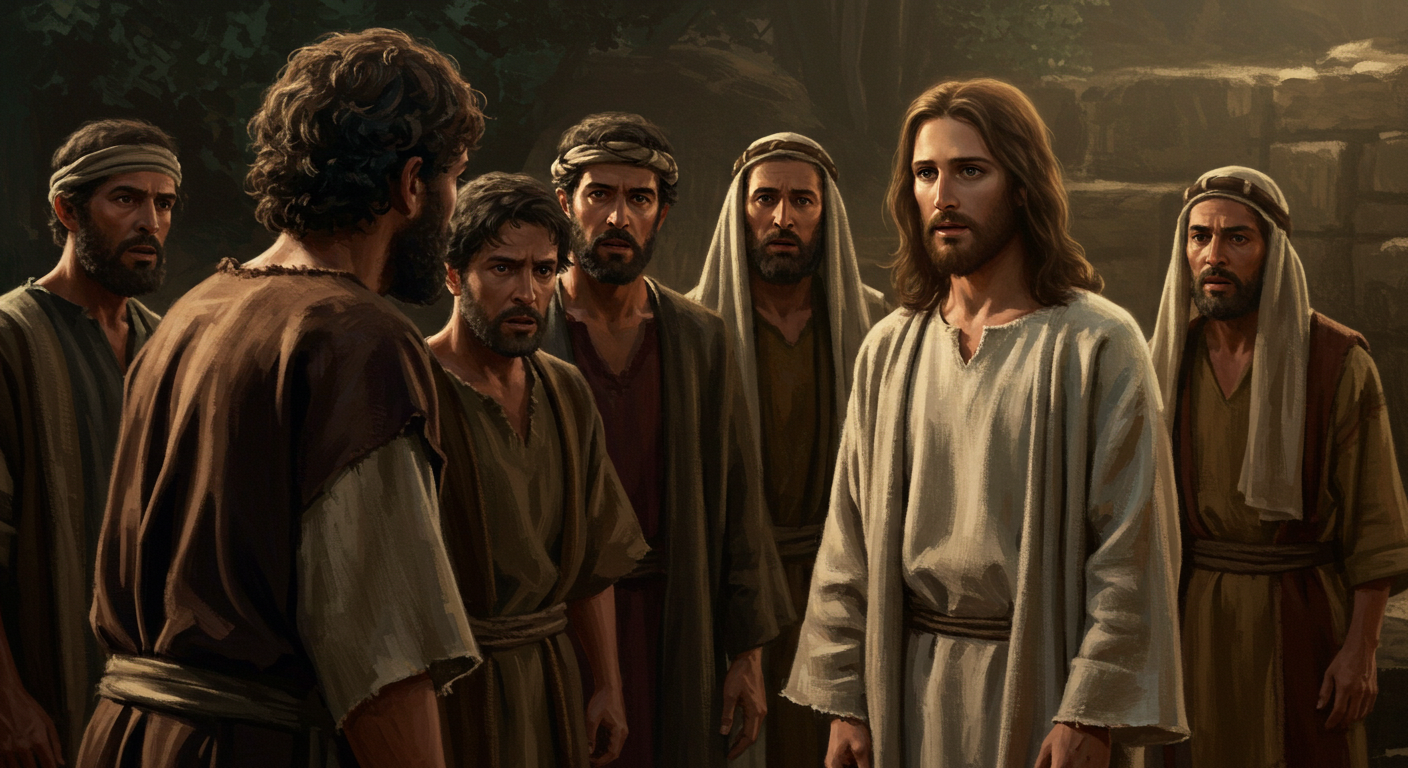
Leave a Reply